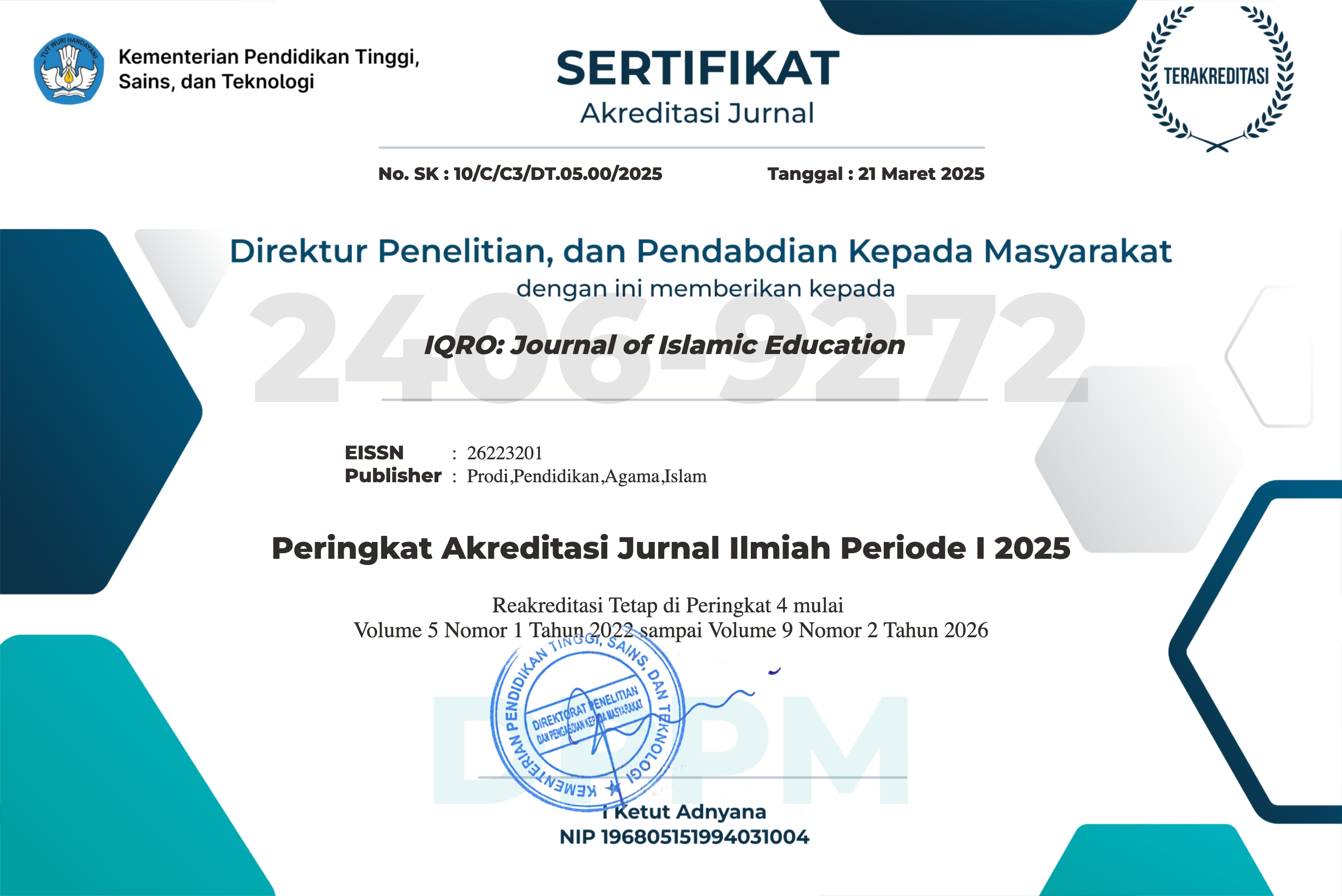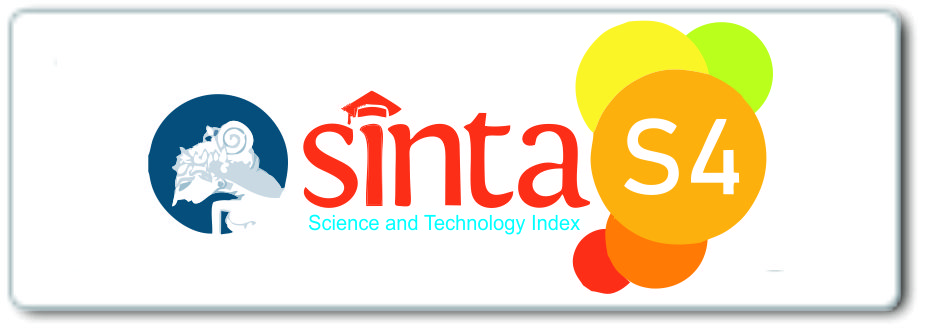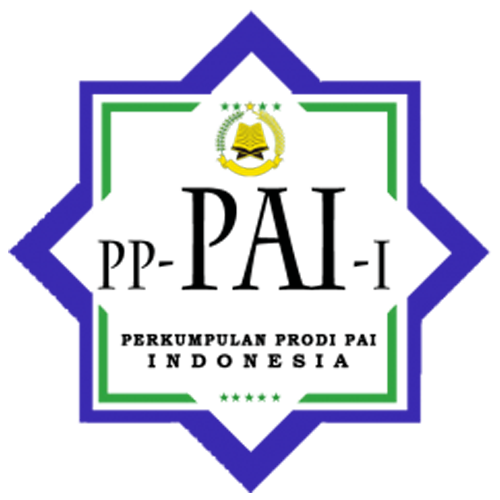URGENSI METODE WAFA DALAM PEBAIKAN TAJWID AL-QUR’AN
DOI:
https://doi.org/10.24256/iqro.v1i2.496Keywords:
Tajwid Alquran, Wafa Method’Abstract
This research discusses how the Urgency of the Wafa Method in improving the Qur'anic Tajweed at the Integrated Islamic Elementary School (SDIT) of Madani Palopo Kec. Wara Selatan. This type of research is descriptive qualitative, using normative, pedagogical, psychological, and sociological approaches. Data consisting of primary and secondary data, which data can get through observation, interviews and documentation. Then, it was analyzed by deductive, inductive and comparative techniques. The results of the study concluded that: 1) The ability to read the Koran by using tajweed in students was not satisfactory. The students still not understanding which is characterized by how to invite and read the Koran based on the rules of recitation. Based on the results, most of the students still lack understanding of how to read the Qur'an based on the rules of recitation.2) The urgency of the Wafa method in improving reading the Qur'an using tajweed is very influencing the reading and intonation of the Koran. Therefore, the wafa method is very relevant to the process of improving reading the Qur'an. 3) Obstacles of the implementation of learning recitation are the various types of wafa, there are those who have been able to read the Koran and also those who do not understand the Koran itself, while most who have been able to read the Koran are still lack of knowledge about its tajweed. The solution for these problems, the students must be discipline in using the wafa Method, the way the teacher conveys the Qur'an properly and correctly using the wafa method.
References
Abdur Rahman As-sayuthi, Jalaliddin, Al-Itqan Fi’ulumil Qur’an. Jilid III; Syirkah Maktabah wa Mathtaba’ah Al-Babi Al-Halabi Wauladuhu: Mesir, 1951
Alam, Dt. Tombak. Ilmu Tajwid Populer 17x Pandai. Cet. XII; Jakarta Bumi Aksara, 2002
Arlis, Fungsi ilmu tajwid dalam meningkatkan Baca Al-Qur’an siswa Di SDN No. 28 Balla Kecamatan Bajo kabupaten Luwu Palopo STAIN Palopo 2009
Asy’ari, Abdullah, Pelajaran Tajwid Kaidah: Bagaimana seharusnya Al-Qur’an Cet. I Semarang toha putra grup 1997
Baihaqi, Muhammad, Wafa Belajar Al-Qur’an Metode Otak Kanan Cet, I; Surabaya 2012
Basalamah sholeh mahmud, Pengatar ilmu Al-Qur’an Cet. I surabaya: Apollo t.th
Bustani Al Bathrus, Qatrhul munith jilid I Baierut: shah riyadus shul, t,th
Busairi, Studi tentang baca tulis Al-Qur’an kelas x madrasah Aliyah Palopo, Palopo; STAIN Palopo 2009
Depertemen Pendidikan Nasional kamus besar Bahasa Indodenesia. Jakarta: balai pustaka, 1995
Djamarah,Syaiful Bahri, Guru danAnak Didik Dalam Interaksi Edukatif, Jakarta: RinekaCipta, 2000.
Djaali, Psikologi Pendidikan, Ed. I. Cet. I; Jakarta: Bumi Aksara, 2007
Halim Muhammad Abdul, Memahami Al-Qur’an: Pendekatan Gaya dan Tema Cet, I; Bandung, 2002
Hamalik Oemar, Proses belajarMengajarCet.IV: Jakarta BumiAksara, 2007
Husain Sayyid Muhammad, Memahami esensi Al-Qur’an Cet,I Jakarta: Lantera, 2000
Jalaluddin H, teologi pendidikan Jakarta: PT. Raja Grafindo Persada, 2003
Jauzi Ipnul, Al-Wafa,Cet, I; Surabaya, 2011
Nana Syaudih S., R. Ibrahim, Perencanaan Pembelajaran, Cet. II; Jakarta: Rineka Cipta, 2003
Nasution S, Teknologi Pendidikan, Ed.I Cet.III; Bumi Aksara, 2005
Nizar Samsul H, Filsafat Pendidikan Islam Pendekatan Historis, Teoritis dan Praktis; Jakarta Ciputat Pers, 2002
Berbagai Pendekatan dalam Proses Belajar dan Mengajar Cet.VII; Jakarta: PT Bumi Aksara, 2000
Mujiono Dimyati, Belajar dan Pembelajaran, Cet.III; Jakarta : Bumi Aksara, 2005
Mubarakah Hamdan, Terapi Al-Qur’an, Cet,I; Jakarta: Penerbit ALIFBATA,2006
Pentashih lajnah, Mashaf Al-Qur’an, Al-Qur’anul karim Bagian Ilmu Tajwid Jakarta, 1958
Qardhawi, Yusuf, BerinteraksiDengan Al-Qur’an, Jakarta: Gema Insani Press, 2000
Qosim, Amjad, Hafal al-Qur’an dalam Sebulan, Solo: Qiblat Press, 2008
Jalaluddin Rakmat, Psikologi komunikasi, Cet. III, Bandung: PT, Remaja Rosdakarya, 2007
Samsul Nizar H, Filsafat Pendidikan Islam Pendekatan historis, teoritis dan praktis, Jakarta: Ciputat Pers, 2002
Slameto, Belajar dan Faktor-faktor yang Mempengaruhinya, Cet. IV; Jakarta: PT .RinekaCipta, 2003
S. Syamsu, Strategi Pembelajaran Jurusan Tarbiyah STAIN Palopo,2007
Shihab M. Quraish, Membumikan Al-Qur’an fungsi dan peran Wahyu dalam kehidupan manusia Cet.XXI Bandung : Mizan 2000
Shihab Umar,Kontekstualitas Al-Qur’an : kajian tematik atas ayat-ayat hukum Al-Qur’an Cet. II ; Jakarta Pemadani, 2004
Sugiono, Metode Penelitan Kuantitatif, Kualitatif dan R&D, Cet, XIV; Bandung: Alfabeta, 2011.






 This is an open access article under the
This is an open access article under the 